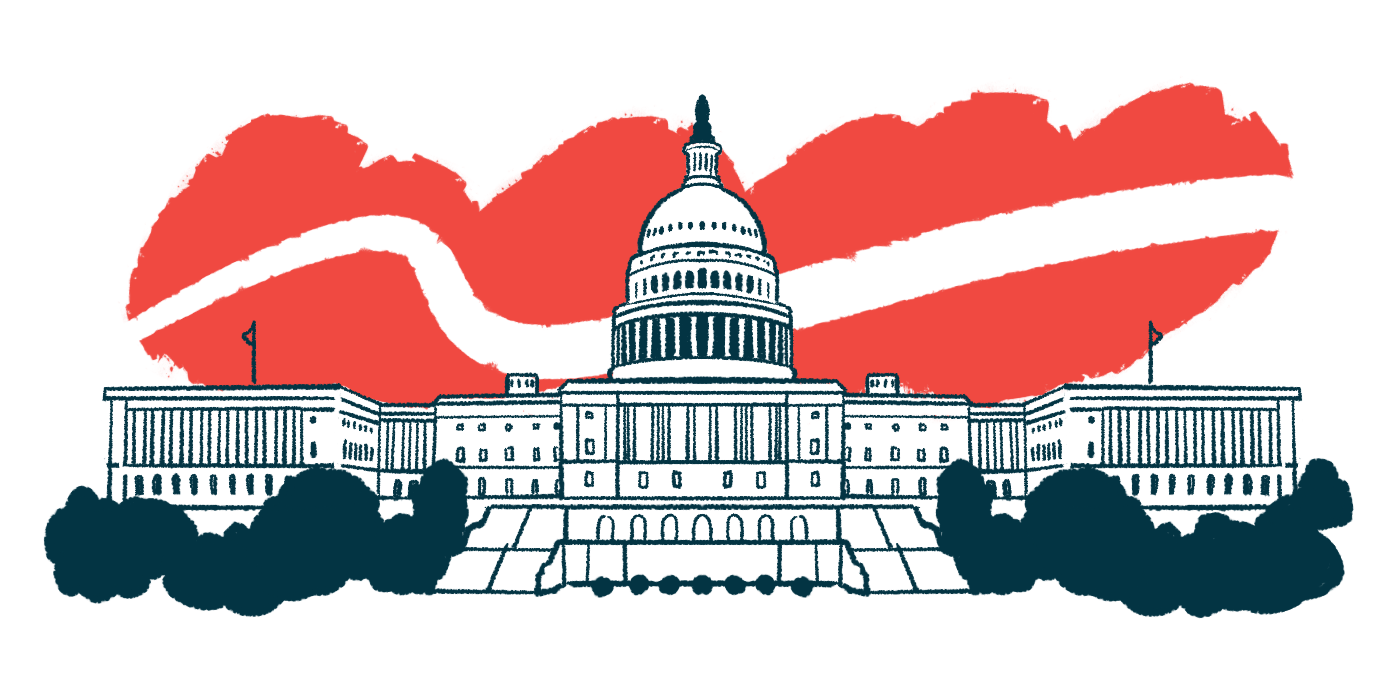NORD Welcomes Renewal of FDA User Fees, But Wants More
Congress pressed for 'comprehensive' reform in clinical trials, accelerated access

While the National Organization for Rare Disorders (NORD) is pleased Congress voted to reauthorize the Food and Drug Administration’s (FDA) user fee program — as part of a U.S. government short-term spending package (HR 6833) — it noted the legislation falls short in areas important to the rare disease community.
The FDA’s user fee program collects fees from pharmaceutical and other companies to support the regulatory agency in reviewing therapies, medical devices, and other products, and was set to expire on Sept. 30.
It comes up for renewal every five years, and was included in the “Continuing Appropriations and Ukraine Supplemental Appropriations Act, 2023″ signed into law by President Joseph Biden that same day to also avoid a government shutdown.
FDA’s user fee program up for reauthorization every five years
“Every five years, Congress is tasked with reauthorizing these vital programs, which help ensure patients gain access to essential therapies and diagnostics in a timely manner,” Peter L. Saltonstall, NORD president and CEO, said in a statement released prior to Biden’s signature.
“Letting these programs lapse would have been devastating to the many patients in the rare disease community who still lack effective treatment and who have placed so much hope in the thousands of products under development,” Saltonstall added.
The funding bill, in part, provided appropriations to federal agencies so they can continue working, but only runs through Dec. 16. Congress still needs to forge a final agreement for the 2023 fiscal year, opening the door for lawmakers to smooth over differences and include provisions left out of the stopgap package.
Saltonstall said the organization is “deeply concerned” that the measure lacked a more “comprehensive” user fee agreement, and extends only for a short time programs of “critical” importance to people with rare diseases like aromatic l-amino acid decarboxylase (AADC) deficiency. These include changes to the FDA’s Orphan Drug Act, supporting research and therapy development for rare diseases; changes to the accelerated approval pathway, which helps to speed access to treatments for serious conditions with high unmet needs; and work to ensure greater patient diversity in clinical trials.
“Since 1992, user fee reauthorizations have presented an important opportunity to make necessary FDA-related policy improvements and clarifications, and enhance accountability of the FDA,” Saltonstall said. “This is why NORD and the rare disease community have been so vocal about the urgent need to include provisions” — specified by NORD and others — addressing orphan drug exclusivity, and strengthening accelerated approval and trial diversity.
“Failing to act now to ensure the continuation of these programs and to include these important policies jeopardizes the future of both,” he added.
Some of the requested reforms are supported by members of both congressional political parties, Republican and Democratic, NORD noted.
“We urge Congress to immediately enact a full five-year reauthorization of the important programs that support rare disease drug development and resume negotiations on the numerous FDA reforms … that have broad bipartisan support and would directly benefit the rare disease community,” Saltonstall said.
NORD is an independent advocacy organization that represents rare disease patients and families in the U.S.







